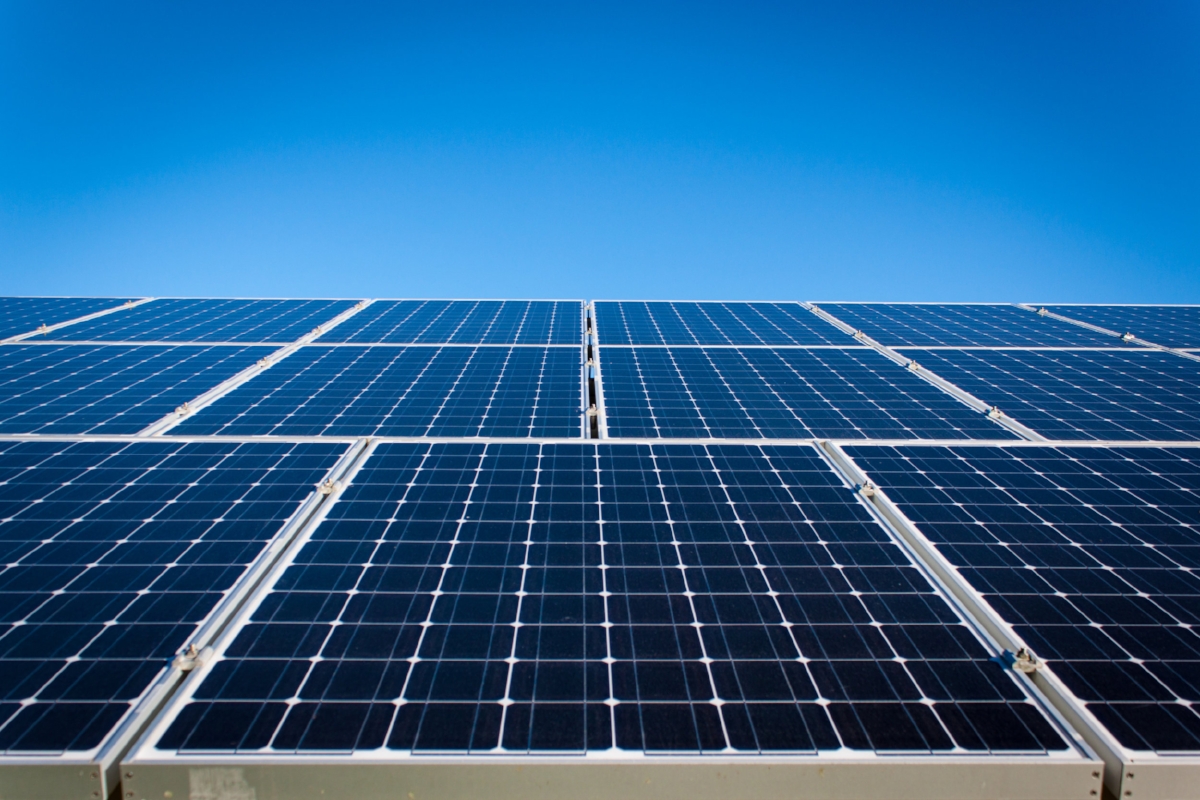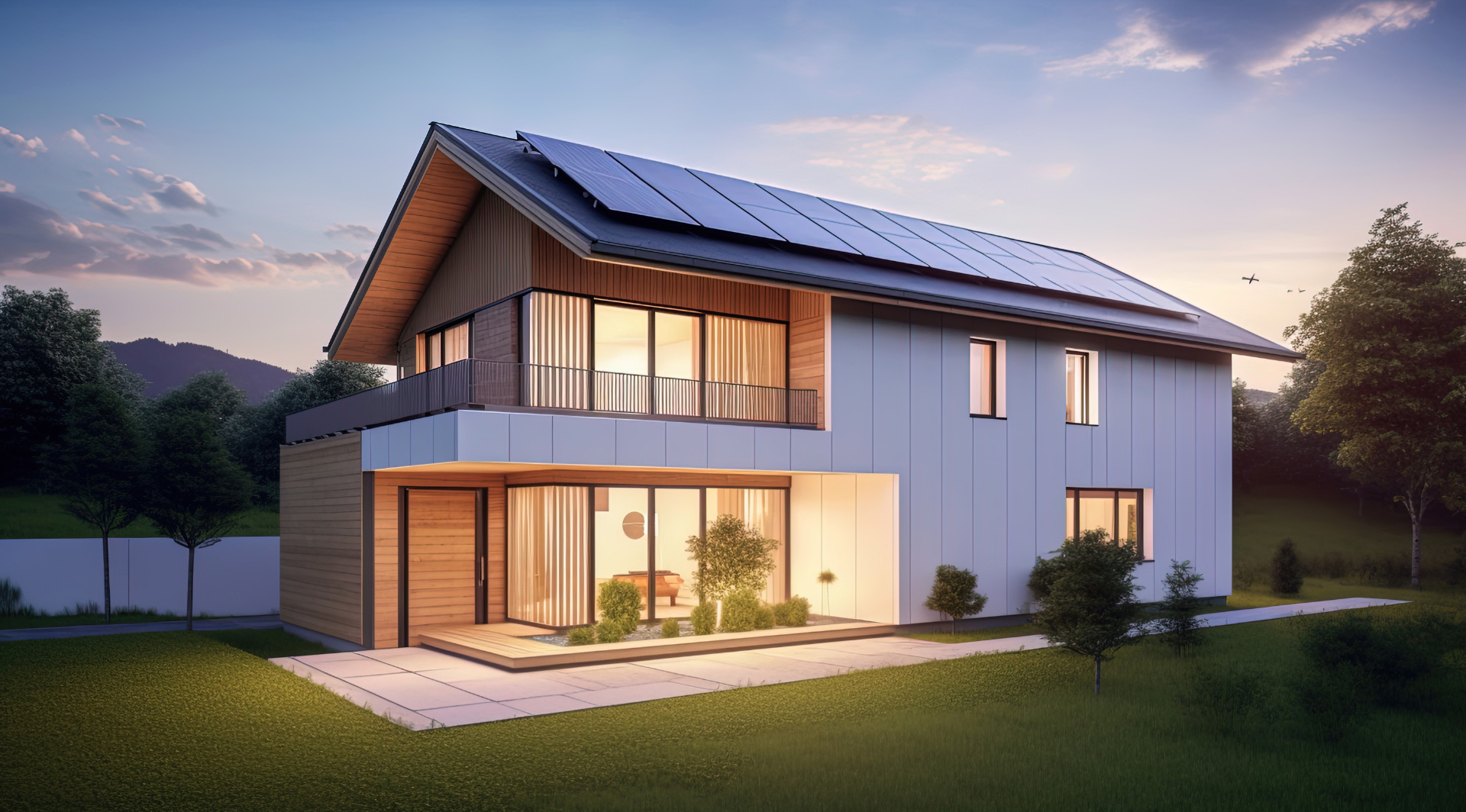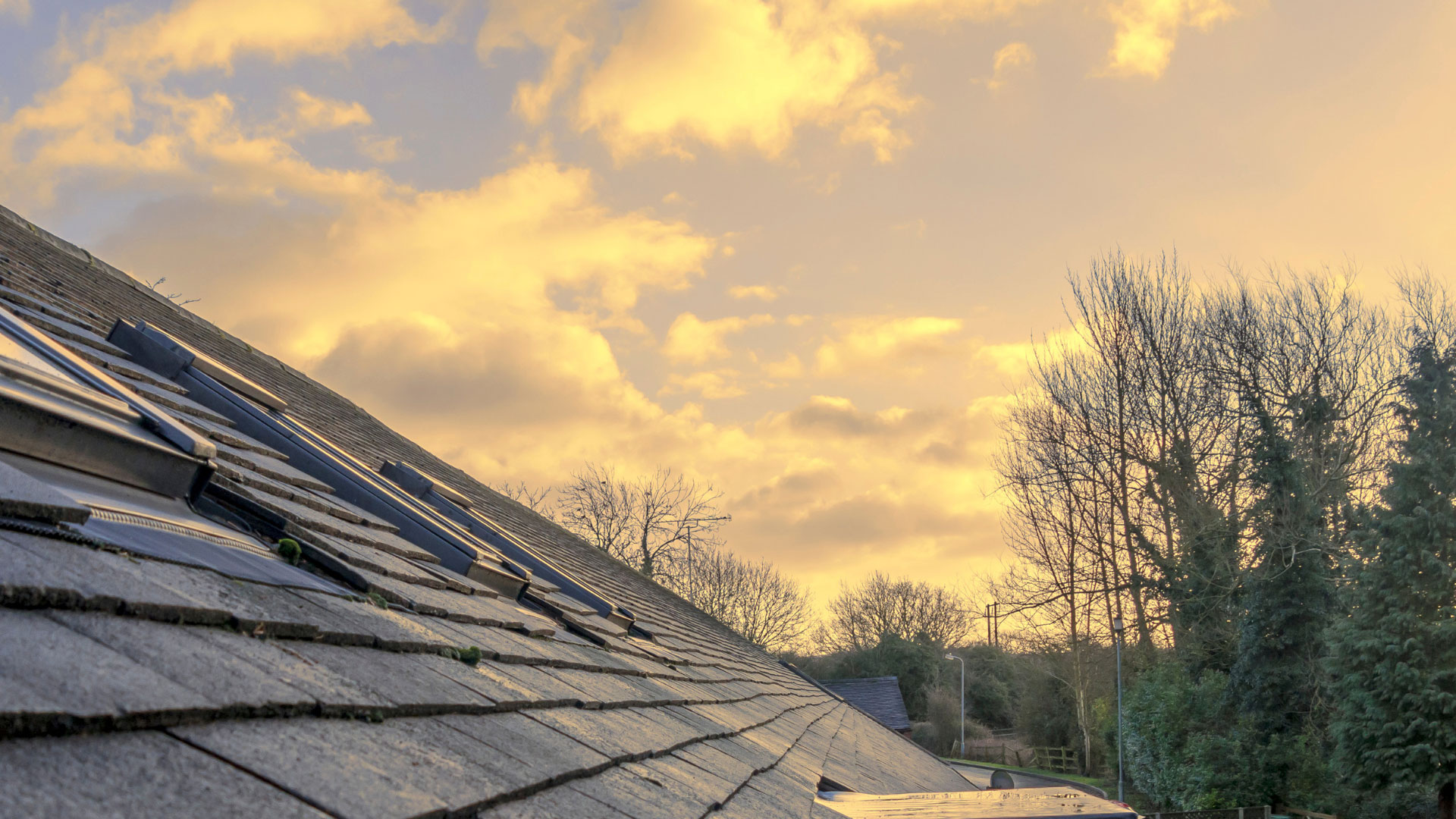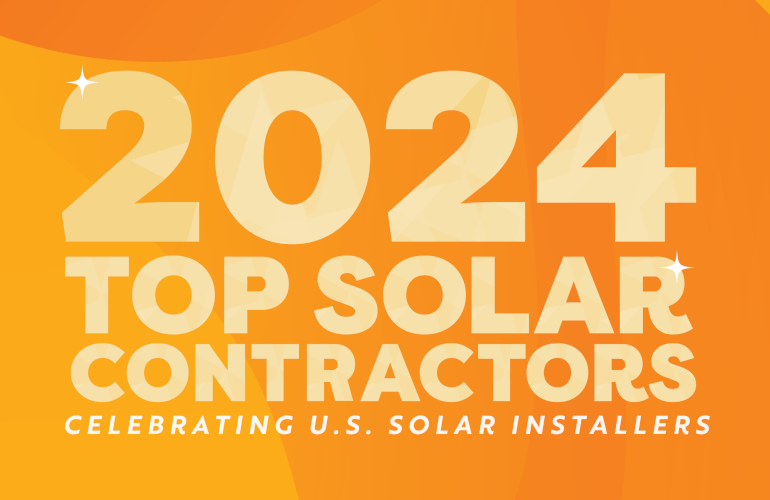However, the solar industry can be somewhat confusing and difficult to navigate, so most consumers (rightfully) have several questions when they are considering a solar energy system for their home or business, such as:
- What are the benefits of solar energy?
- How does solar energy impact the environment?
- How much could I save with solar?
- Do I need battery storage?
- What should I look for in a solar company?
- What incentives are available to me?
- Will solar panels still work in cold climates or inclement weather?
- Will solar panels still generate power during grid blackouts?
- Is solar panel efficiency an important factor?
- How long will a solar energy system last?
- What effect will solar panels have on my home’s value?
1. In your opinion, what are the top benefits of solar energy?
According to the experts interviewed, the top benefits of solar energy are cost effectiveness and sustainability. As Rainier de Ocampo, head of marketing at Solar Optimum, put it, “solar energy is the right choice for anyone who wants to improve their bottom line and save money on their costly electricity bill while making a responsible and positive impact on the environment…the threat of skyrocketing energy costs for homeowners is a looming concern.” Samuel Adeyemo, co-founder of Aurora Solar, said, “the cost of solar energy is generally lower than the cost of the utility grid, especially when you consider the fact that utility rates increase about 2%-3% each year. Over the life of a system, that means electricity costs could almost double, while the cost of energy, if you own the solar installation, is constant.” He continued, “since solar energy relies primarily on sunshine, of which there is relative abundance globally, it is sustainable and does not pollute our environment.”
2. How does solar energy impact the environment?
The consensus from the experts was that adoption of solar panels has a positive environmental impact because it leads to less reliance on fossil fuels. Mark Stevenson, founder and managing director of Bright Spark Energy, stated that solar “reduces our CO2 output”, while Teris Pantazes, co-founder of Efynch.com, mentioned that “in places where coal is the main fuel for energy, the carbon footprint of solar panels is much better for the environment.”
3. How much could the average homeowner expect to save with solar?
The experts were all in agreement that the amount a homeowner can save with solar depends on a number of factors, including, as Simone Garneau, co-founder of Sunmetrix, said “location, location, location! The amount of solar electricity you can produce will vary from place to place, and the amount you can save will be directly related to the cost of electricity from your local utility.” Greg Reed, director of the University of Pittsburgh’s Center for Energy and Energy GRID Institute, noted that “the size of the solar installation and if it is integrated with battery storage” can also make a difference when it comes to savings. According to Rainier de Ocampo, Solar Optimum has “worked with homeowners who have cut their electricity bill from $450 per month to $45 per month. And in some cases, [the company has] even seen residents with a $275 monthly utility bill that’s cut to only $12, which is just the utility company’s connection fee.”
4. Would you recommend investing in battery storage along with a solar energy system? Why or why not?
Most of the experts agreed that battery storage technology is great, and there are many benefits that come along with having a solar-plus-storage system. As Rainier de Ocampo explained, “in a volatile western region like Southern California, home battery storage should be a topic of conversation with every household. There are three key reasons why investing in battery storage along with a solar system is important. 1) Backup Power: It’s protecting your home from a power outage, a natural disaster, or act of God that is completely unforeseen. Backup power is seamless and reliable. 2) Self-Powered Home: Homeowners can use solar and battery backup to reduce their reliance on the grid and create a zero emissions home. 3) Energy Peace of Mind: The home battery stores solar energy to continuously power the home with sustainability, day and night.”
5. What should consumers look for in a solar company?
As far as what consumers should look for in the solar company they choose to work with, the experts recommend selecting a company with a good reputation, a solid track record, financial stability, and industry accreditations. According to Rainier de Ocampo, “the concern should be “will you be around when I need you in the next 5+ years? Go with a company that has some experience underneath it.” Julio Daniel Hernandez, CEO of Enlight.Energy, added that, “the best bet is to speak to families who have already worked with the company”, while Geoff Mirkin, co-founder and CEO of Solar Energy World, advises consumers to find a solar company with “great reviews”. Kathie Zipp, managing editor of Solar Power World and Energy Storage Networks, said that, “consumers should look for a solar installer with NABCEP accreditation. This is not an easy certification to get or keep and was established to set a standard for quality in the solar workforce to protect consumers.”
6. What solar incentives are currently available? What do you expect to happen with solar incentives in the future?
Similar to solar savings, the experts explained that solar incentives vary from location to location. Many of the experts mentioned the 30 percent federal solar tax credit offered in the United States, which will be available through 2019, and Teris Pantazes recommended DSIRE as a resource to find out which incentives are available locally. As far as what will happen with solar incentives in the future, Matt Stoutenburg, founder and CEO of Peak Power Solutions, said that “incentives will slowly draw down” and eventually go away.
7. Are solar panels viable in cold climates? Will they still work when it’s rainy/cloudy/snowy
The resounding answer from the experts was that yes, solar panels are definitely viable in cold climates. Greg Reed mentioned that, “like any electrical device, solar panels actually perform better under cooler temperatures. Cool, sunny locations can create some of the most efficient output of solar panels.” Matt Stoutenburg chimed in that “panels will still work in cloudy weather, but not as well as when the sun is directly shining on them.”
8. Will solar panels still generate power during grid blackouts?
According to the experts, solar panels will not generate power during grid blackouts in most cases. Simone Garneau explained that, because most solar energy systems today are grid-tied, they will turn off during a power outage for “safety reasons.” However, Geoff Mirkin added that having a battery backup attached to the system will still allow homeowners to have power during a blackout.
9. Is solar panel efficiency an important factor?
The experts were all in agreement that solar panel efficiency is indeed an important factor. According to Teris Pantazes, “we all have limited roof space. The more efficient the panel, the more power you can produce per square foot” to cover your energy consumption needs. Greg Reed added that “the more efficient a panel is, the more cost effective it is.”
10. How long will a solar energy system last?
Each of the experts responded that solar energy systems are typically warrantied and expected to last for at least 25 years. However, Kathie Zipp explained that “panels can potentially continue to generate power at lower than 80% of rated power output for 30 years or more.”





